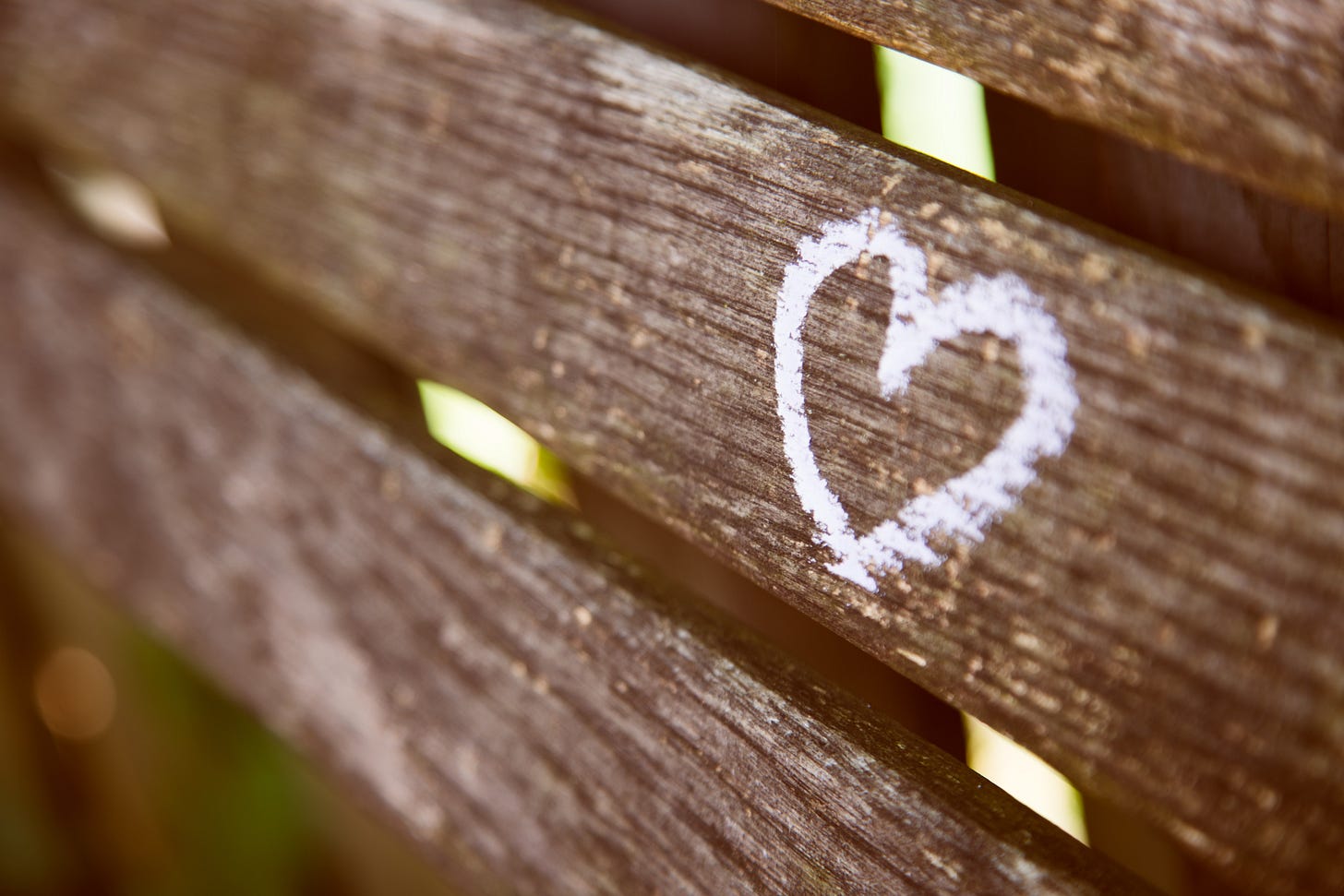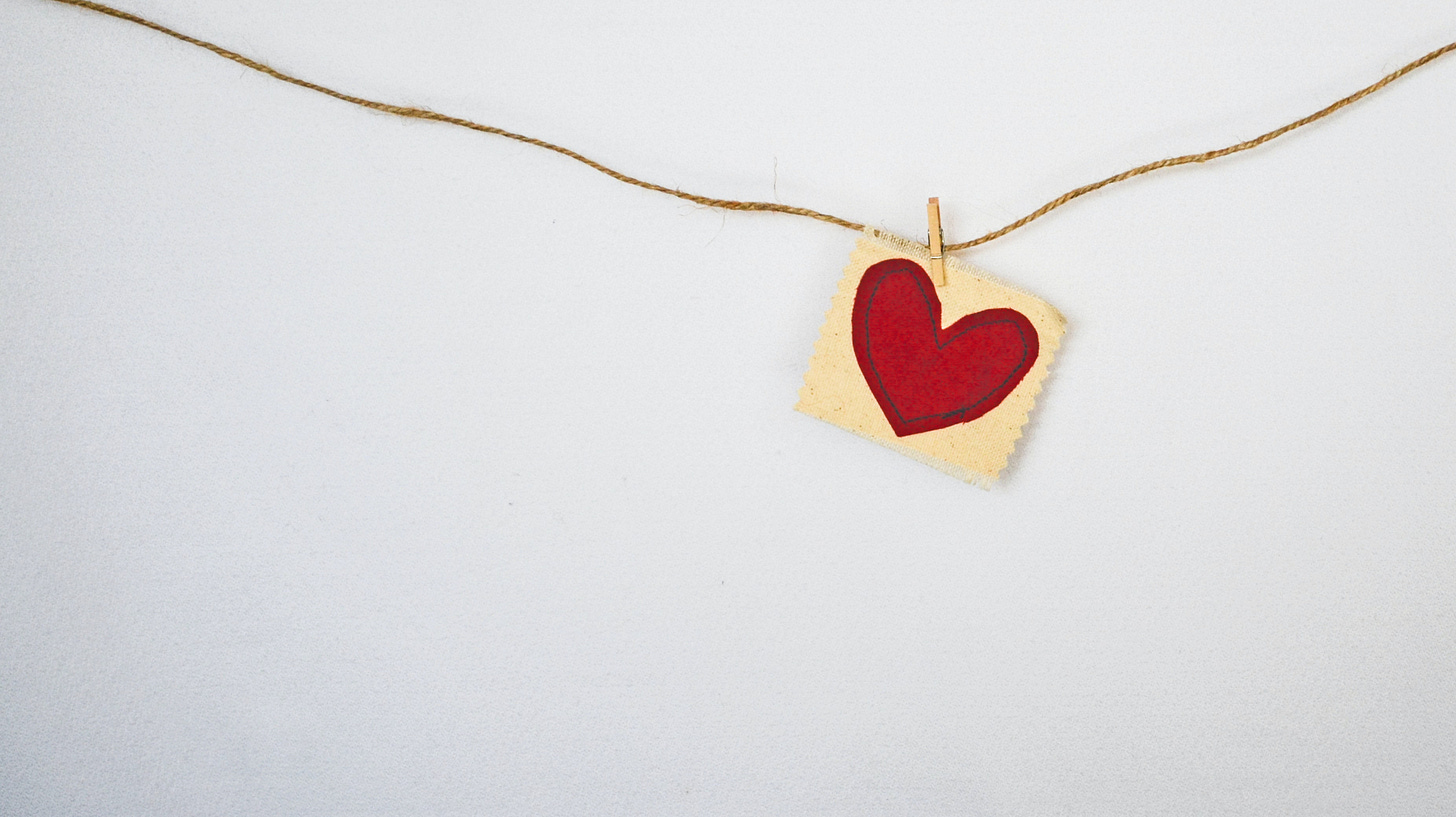This is a two-part reflection if you missed the first one check it out here
Radical Self-Love
If we want our happiness in whatever our afters may be, it’s important that we move towards self-love and away from That Box. Sonya Taylor, in her amazing book The Body is Not An Apology, encourages us to move towards cultivating rhythms and practices that allow us to have a radical self-love. To Sonya, radical self-love is more than self-acceptance. That’s not to say that self-acceptance isn’t important because it is, but radical self-love moves us forward in a different way, especially since, according to Taylor,
“we practice self-acceptance when we have grown tired of self-hatred but can’t conceive of anything beyond a paltry tolerance of ourselves.” 1 Sonya reminds us that “Radical self-love is deeper, wider, and more expansive than anything we would call self-confidence or self-esteem. It is juicer than self-acceptance.”2 According to Taylor, “Radical self-love is its own entity, a lush and verdant island offering safe harbor for self-esteem and self-confidence." 3
In many ways, radical self-love moves us back towards embracing and loving our full selves with a type of awe and wonderment in much the same way we did when we were born.4 I suppose that is why babies are so happy and why it brings us so much joy to watch them giggle, smile, and take joy in discovering little things like their toes.
As with many things, loving yourself is a journey and requires that we incorporate various practices in our life. Taylor offers four pillars of practice to help move us toward radical self-love:
Taking out the Toxic
Mind Matters
Unapologetic Action
Collective Compassion5
I really encourage you to check out her book to dive deeper into all four of these pillars and to really understand the importance of not apologizing for our bodies in your journey towards radical self-love.
As I think about the power of That Box, the power we’ve given those four little lines to nowhere it reminds me of the importance of renewing our minds. It’s not just about what we put in but also about taking out the Toxic ways we have been taught to believe that marriage is the most important thing we can do in our life. I think this ideology is even stronger for women. This thinking can make us feel as though we don’t measure up, making it difficult to live, happily, ever after. Chimamanda Adichie points out in her vintage short,
We Should All be Feminists, that, “Because I am female, I’m expected to aspire to marriage. I am expected to make life choices always keeping in mind that marriage is the most important.” 6
Jesus Reorientates Us
As I have been processing the anxiety and trepidation about whether I will check That Box or will choose to stay here, in the in between, reflecting on Luke 20:27-40 has been extremely helpful. It’s that passage in scripture when the Sadducees, who didn’t believe in the resurrection, wanted to trap Jesus, so they began to ask him about marriage in the resurrection. They tell a story about a woman who becomes a perpetual widow, as she’s passed from brother to brother 7 times, because each brother died without an heir it was the duty of the next brother to carry on his brother's line. They do not ask about the pain and loss of the woman. They do not wonder if she’ll be comforted in her grief, or even think about how she’ll do in the here and now. They want to know whose wife will she be, belong to, in the resurrection. It’s crazy that even then they think of her, a woman, as someone to possess. Even though she is the subject of the story, she’s talked about and treated like the object being acted on, over and over again, making her an appendix to her own life.
When Jesus responds, he tells these folks that there will not be marriage in the resurrection nor in the age to come. He lets them know that marriage is what they choose to do in the here and now but in the age to come, it doesn’t matter one way or the other. I can't help but wonder what else Jesus was trying to say about marriage and the ways it reduces some folks to an object to be passed down to preserve a type of birthright, a legacy.
Was Jesus also saying something about the systems and the ways in which in its attempt to care for women, it was actually neglecting women, creating pain and sorrow for them? Was he pointing out the cracks in the system set up to protect women in a world that could only see her if she was the wife of, daughter of, mother of... an of? Was he trying to call us into account for the ways in which we’ve created social status and afforded certain privileges to those who check one box and penalize others who have yet to cross that threshold? I wonder if Jesus was trying to reorient us towards things that would matter by helping us to see the ways we construct systems and things to help us make it until we get to the sweet bye and bye.
Audre Lourde taught us that the master's tools will never dismantle the master's house, yet we forget the way marriage was a tool of the patriarchy. Do we simply dismantle the house by other means, or leave it and construct something differently? How do we begin to handle this? I don’t think it’s black and white, it’s a whole heap of gray. What I think is important is to recognize marriage for what it is: one option, one choice you can make.
Personal Reflection
The journey to radical-self love is not always sunshine and rainbows, but it really is like following Alice down the rabbit hole and seeing what we discover about ourselves along the way. For me, I know that the idea of checking That Box brings a level of anxiety. That’s mostly because I know that if I check That Box people will look at me and all they will see is damaged goods, as something tossed to the side like I’m broken and unable to be fixed. But that’s the power of the box to confine me as a good with a sale by date and notation when it's perceived damaged.
I know the looks that will come until I can check That Box again if I so choose. The looks that tell me I have done something wrong and violated God’s covenant--how foolish of me. The looks that make me think and believe God is disappointed with me and question the validity of the call on my life. Especially the ones that never believed I could be called anyway--not in this body--even today. Like the ones who taught me that as a woman I needed some covering, some protection, and without it, I would somehow be vulnerable, lost, in the unknown, kinda like I’d be trapped in some sort of sin.
If I check That Box I can feel the stares and the glares that will eventually come my way that wonder how I could even dare to stay. In the church to preach and teach the good news how dare I preside over anyone's union and declare that this cord shall not be broken.
If I check That Box will they look at me as though I’ve torn my family apart?
If I check That Box will look at me and as though I have failed with little regard to how much pain is behind checking That damn Box. It’s a difficult decision, not cavalier or one made in haste. One I’ve wrestled with intently that I’ll probably wrestle with until my dying day.
And even though God reminds me that disappointment doesn’t reside within the Trinity, God’s people still look at me with that look, with such an ugly glare. Only those who’ve checked That Box will ever fully understand my pain because they too have been there.
Will I ever be free in a society that highlights marriage as one of life's ultimate achievements…a sacrament that I’m supposed to pursue.
I know that I won’t be free or even freed up to love me until I recognize and release the power that those four lines to nowhere have on me.
If there is no marriage in the sweet by and by then can we, should we pledge forever knowing it may not last even before we die. Or do we live, happily, in our ever afters, and keep living till the end regardless of which path we do choose?
For me that means learning to live beyond the shadows of those four lines to nowhere. By No thank you to the boxes that limit my existence with expectations and assumptions that become super imposed on me just so people can pretend as though they see me. I’m saying No thank you to that box because my freedom I can no longer allow it to hold. Today and each day in my after I choose to continue my journey towards radical self-love.
On this Valentine’s Day I do hope you spend time loving yourself. Thinking about the toxic thoughts that make it difficult to see and embrace yourself. If Valentine's Day is to remind us to celebrate Love, make sure to set aside time to celebrate and love yourself. Use it as an opportunity to begin or continue your journey back to loving you.
I plan on sitting with some ladies as we share our stories and journey towards self-love. You’re invited to join us as we share our journey back to loving ourselves. Listen in as we share how we have cultivated practices for self-love in different seasons of our life and how we continue to do so.
We’ll share some tips, laugh a bit, and answer questions you may have as well, so that together we can continue to grow stronger on our journey.
Sign up to join us, February 14, 2021 @ 6pm here: traceyshenell.com/events.
Hope to see you there.
Sonya Taylor, The Body is not an Apology, 2.
Sonya Taylor, The Body is not an Apology, 6.
Sonya Taylor, The Body is not an Apology, 1.
Sonya Taylor, The Body is not an Apology, 10.
Sonya Taylor, The Body is not an Apology, 64.
Chimamanda Adichie, We Should All be Feminists, 28.





